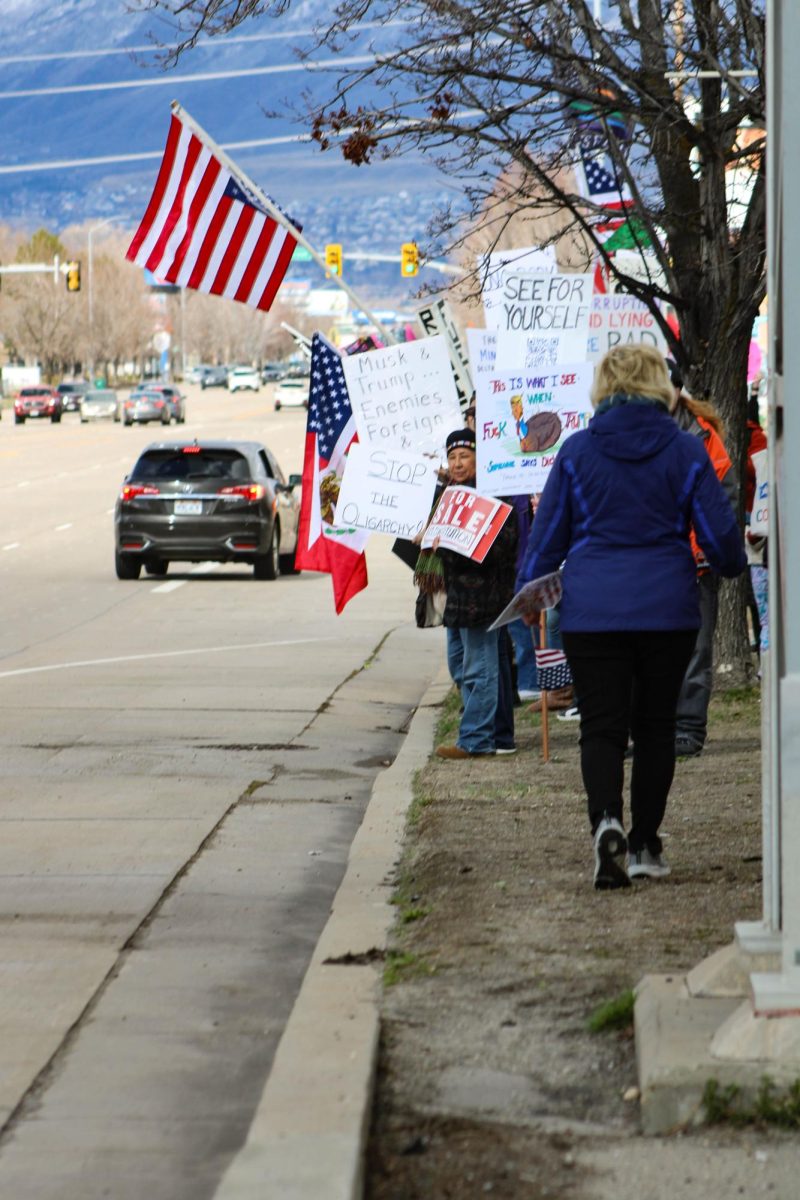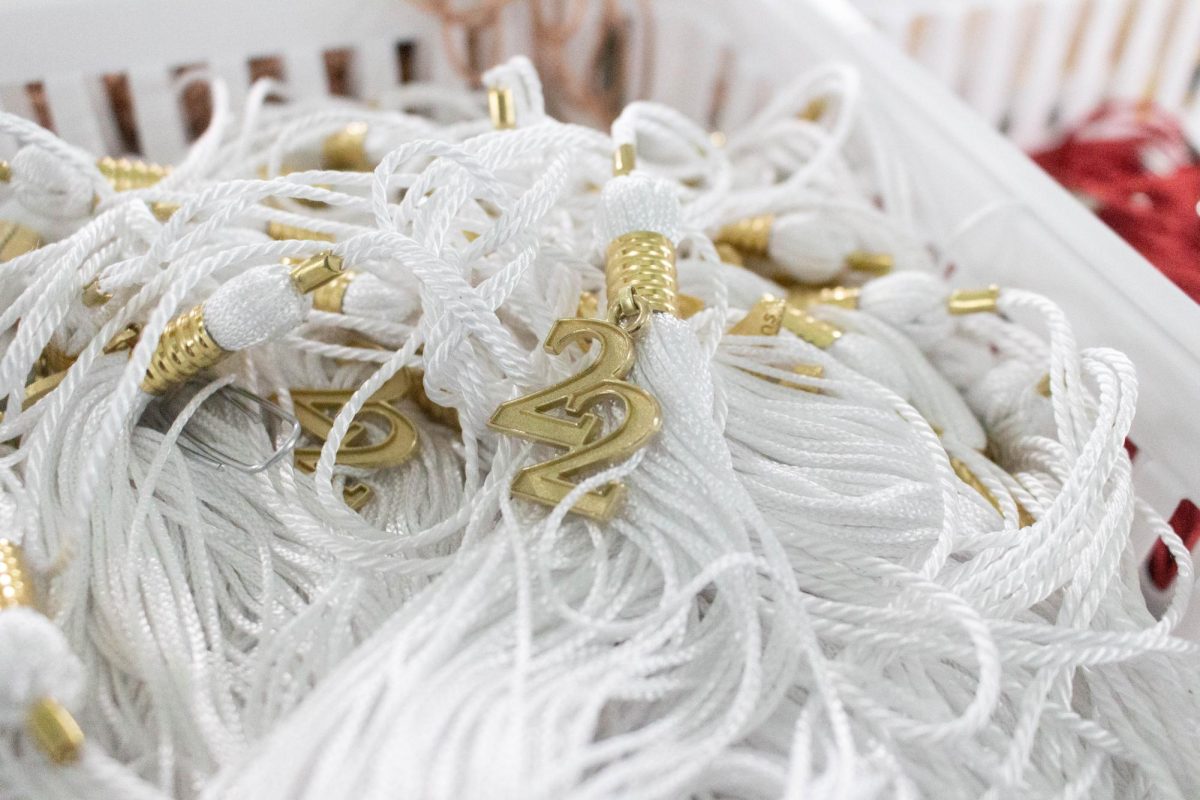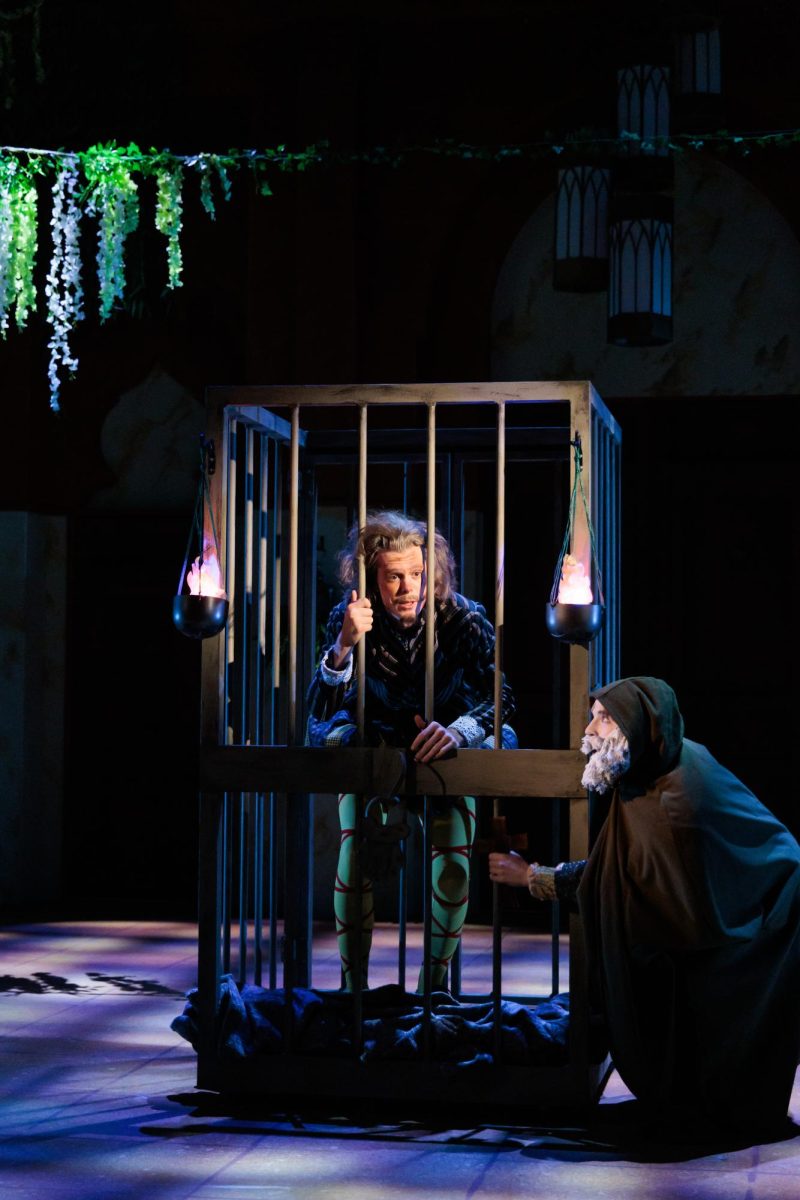
On Wednesday the Walker Political Leadership Institute hosted Real Women Run, an organization dedicated to helping local women campaign for positions in government, in the Hurst Center for Lifelong Learning.
The event featured speakers Jan Zogmaister, Weber County commissioner; Lauren Littlefield, political director of the Utah State Democratic Party; and Liv Olafsson Moffat, finance adviser for the Herbert for Governor campaign. Presenters focused on campaign topics such as why people should run, the intricacies of campaign organization, and important policies to have in campaign finance.
Carol McNamara, director of the Olene S. Walker Institute of Politics and Public Service, worked with Weber State University’s political science department to create the Walker Leadership Institute in the spring of 2012.
“The idea was that we should try to engage students and the community, and try to help them learn how to engage and participate in the political process.”
McNamara explained that the concept behind the necessity of organizations like Real Women Run is that half of the population of the United States is made up of women. “When women run for office, they succeed at the same rate as men, but they don’t get involved,” she said.
It was with this in mind that she reached out to Real Women Run, a statewide, nonpartisan organization in collaboration with the University of Utah’s Hinckley Institute of Politics.
“It’s hard to find political training,” McNamara said. “Nobody really sits you down and says, ‘This is what you do if you want to run for office.’ So we thought this would be really useful . . . I’m really excited about it.”
According to Real Women Run, Utah women vote more than men and make up half the population, but only 25 percent of Republican and 45 percent of Democratic delegates are women. No Utah women currently hold a seat in Congress or a position in a statewide elected office.
Zogmaister encouraged women to run in her speech. “Remember, when women run, women win. The trouble is they don’t run often enough in enough races. But when women run, they win at the same rate that men win. So do you really have a disadvantage?”
Zogmaister said having women in governmental positions would help better the country as a whole. “We need women to be at the table. We need them to be able to serve. We need them to . . . be part of the solutions for the problems we have in our country today. So I encourage you to run. Step up, put yourself out there, and then work like a dog, because it’s going to take that.”
Real Women Run will host a full day of training for candidates and “serious campaign workers” on March 22 at the U of U’s Hinckley Institute. More details are available at Realwomenrun.org.
“If you’re talking to a registered Republican who you know is likely to vote in your primary, those are the targeted people you want to talk to,” Moffat said. “You don’t want to go and talk to your whole street. You only want to talk to the people you know are with you.”
Littlefield said there are specific ways to run successful campaigns in what she referred to as “a 50,000-foot view of campaign organization.”
To college students looking to be part of the political process later in life, Littlefield recommended staying involved, no matter what. “Work on local races. Know who your representatives are. If staying involved means coming here to the Walker Center and participating in the speaker series or getting involved in a city council race, being a campaign manger, being a campaign volunteer, working with your local party — whatever that looks like, stay involved.”
McNamara said that Real Women Run believes women are vital to creating a better government. “Women bring a different perspective, a different voice, a different approach to politics, and they’d like to see women represented at a greater rate for that reason in the political realm. There are a lot of talented women whose talents could be utilized by the community, if they could be persuaded to run for office and to become involved in public service.”
Follow @RosieGerrish



















